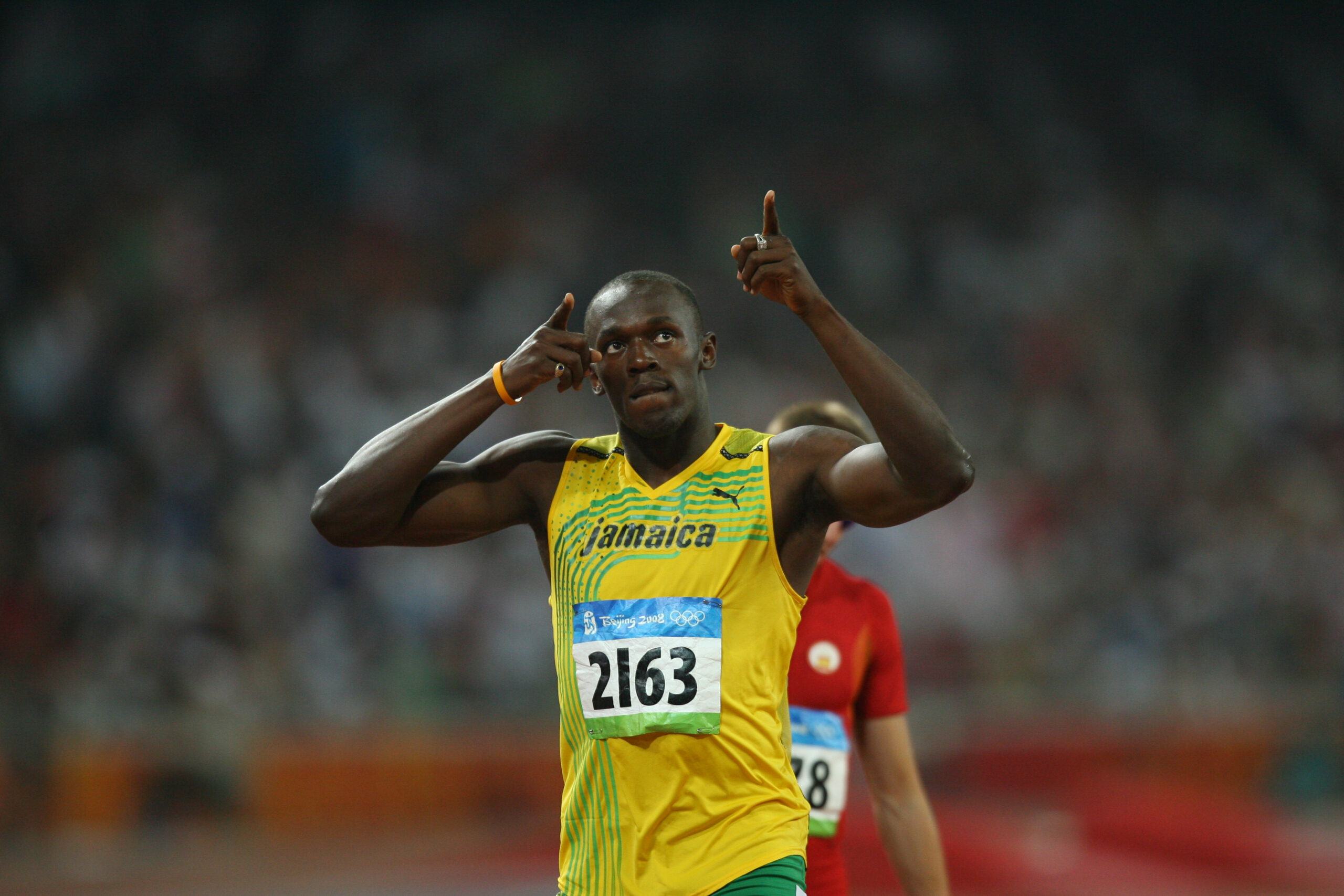As we continue our ‘Now and Then’ series about what the past can mean for the present, we look at the ‘commercialisation’ of the Olympics and how brands have been more closely involved for longer than most people might think.
As the Paris 2024 Games opened this summer, the Financial Times’ revealed: ‘LVMH, Samsung and Coca Cola have secured the sponsored placement of their products in previously ad free parts of the Olympics, marking an unprecedented commercialisation by the Paris Games’ organisers.’
Unprecedented? Perhaps in this latest form – but the precedent for close brand involvement in the games had been set well over a century ago.
The Olympic Games have their roots in the games staged in Olympia in Greece between the 8th Century and 4th Century BC. They were revived in 1896 by the French educationalist Baron Pierre de Coubertin. In a Europe that was careering towards WW1, he believed that the Games would foster international co-operation and cultural exchange, even promote peace. In practice, from 1896 onwards, hosting the Games has also always provided commercial challenges and financial opportunities. Few of these were missed by advertisers and the wider advertising industry.
The host city in 1896 was Athens. Here, individual events were sponsored by companies including Kodak. In 1908 it was the turn of London, at the time by some measure the world’s biggest city. The principal events were held at a new stadium in White City, purpose-built for the Games. With a capacity of 65,000, here was a brilliant opportunity to advertise to the huge crowds attracted to the sporting events.
A concentrated meat extract had been branded OXO since 1899. Seizing the day, OXO installed itself as official caterers for the London Olympics, induced the whole British Olympics team to endorse the brand, and provided Marathon runners with the sustaining drink of OXO. This was galling for Bovril, their major competitor. Bovril hired a series of wagons bearing ads for Bovril. These paraded up and down the Marathon route, from Windsor Castle to the stadium. This apparently annoyed the Edwardian crowd. Advertising World commented that the tactic was considered unsporting. ‘It seems to be forgotten that the endeavour to obtain publicity at all costs may mean that the cost in the end will prove more than the advertisement is worth.’
The Olympics returned to London in 1948, and, of course, 2012. 1948 was dubbed the ‘austerity Olympics,’ because rationing was still in place in post-war Britain. Nevertheless, advertising abounded. The Dutch electronics firm Philips had been contracted to provide the public address systems for the Games. This they enthusiastically promoted with half-a-dozen colour ads run as posters, and with perimeter advertising at the individual venues.
1948 also broke ground for the Paralympics. The Stoke Mandeville Games were staged to coincide with the Olympics, highlighting the abilities of British WW2 veterans with spinal injuries. The 1948 International Wheelchair Games was the forerunner of the first official Paralympics, in 1960 in Rome.
This baton was picked up by the advertising industry in 2012, when Channel 4 took on the London Paralympics. The broadcaster asked its in-house advertising department to promote its coverage. The result was a hard-hitting 60 second TV ad called ‘Meet the Superhumans.’ Returning for Rio in 2016 and Tokyo in 2020, the campaign (supported by posters, left) greatly boosted Paralympics’ audience viewing figures. It is also credited with having a long-lasting impact on both perceptions of disabilities and representation of disabled people in media.
Channel 4 is continuing its Paralympics’ coverage in Paris this month. Alex Mahon, Channel 4 Chief Executive, commented: “We truly believe in the transformative power of sport and have been using the Paralympics to inspire change in attitudes towards disability in the UK since 2012”.
Mahon’s views chime with those who suppose that such international sporting events are important because they transcend national, linguistic and cultural barriers. However, this is not the only perspective. In 1945, George Orwell famously wrote that, “Serious sport has nothing to do with fair play. It is bound up with hatred, jealousy, boastfulness, disregard for all rules and sadistic pleasure in witnessing violence: in other words, it is war minus the shooting.” Similarly, the International Olympics Committee has often been criticised for – in the language of the Financial Times – “allowing the Games to have become ‘tarnished’ by commercialisation”.
The truth is that, in one form or another, commercial interests, often manifested in advertising, have been part of the modern Olympics since their very beginning in 1896. Coca Cola has sponsored the Games since 1928, when women were permitted for the first time to compete in track and field events. In a move that inspired the “victory selfie” becoming commonplace on the winners’ podiums and shared across social media, Samsung’s Olympic Edition Z Flip6 was given out to almost 17,000 athletes as part of the mobile phone’s partnership with Olympic and Paralympic Games Paris 2024. Without the support of companies like Coke, LVMH and Samsung, the Games would struggle to exist, as the financial burden on host cities would be too onerous. Nor could the games continue the impressive work that they do to promote sport and the Olympic values across the world.
Written by Jim Ring, who is co-authoring a book with Sue Eustace MBE, to mark the Advertising Association’s centenary year, which will be published in 2026.
Thanks also to the HAT for its help in putting together this article.



